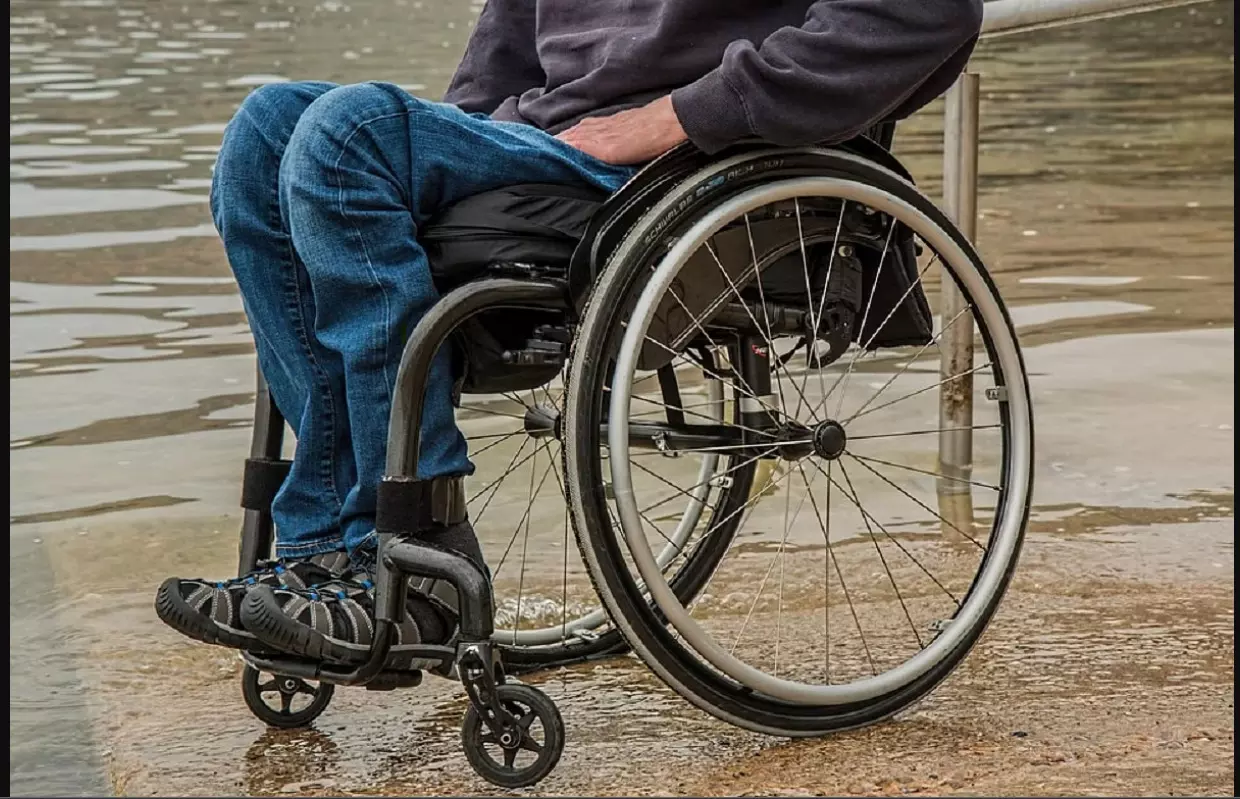A lost opportunity?

The decision to drop the disability-related questions in the National Family Health Survey-6 is undoubtedly a regressive step in the wrong direction. It is also a digression from the government's own ostensible focus on the upliftment of persons with disabilities. Top officeholders in the government, including the Prime Minister, regularly applaud and appreciate the outstanding achievements amassed by disabled personalities. This glorifying approach, however, should not serve as a garb for ignoring the real issues on the ground that affect the lives of persons with disabilities on a daily basis. The connotations of regularly used references like “differently abled” and “divinely abled” over “disabled” should not mean that persons with disabilities do not need state assistance and policy support. Restricted capabilities cannot be camouflaged by the act of glorification. The dropping of the disability questions from the NFHS is a crude ignorance of overwhelming policy support that the community is in dire need of, because formulation and implementation of policy will remain a non-starter unless there is enough backing in the form of data collection. NFHS offers a comprehensive collection of public data/information in various categories. The inclusion of certain simplistic questions in the NFHS-5 (2019-21) had presented hopes that the government would further build upon this initiative. Though the inclusion of questions in NFHS-5 had glaring limitations, including the inadequacy of the question set and below-the-mark quality of the survey conducted, it was a progressive step nevertheless. The reasons cited by the Health Ministry officials for the dropping of the questions are even more unsatisfactory. The ministry came up with two major justifications. Firstly, it said that questions related to disability were already asked during the 76th round of Sample Registration Survey (SRS). This justification seems out of place because the raw data collected under the SRS is already too old. Also, there is a huge difference between data collected under SRS and NFHS. The National Family Health Survey comparatively adopts a more nuanced approach and has greater scale as well. The dropping of the questions from the NFHS will simply mean the loss of a great opportunity, for it could have enabled a more targeted policy formulation and implementation for persons with disabilities. The second reason cited by the ministry is more bizarre. The ministry claimed that the disability questions in NFHS-5 led to underreporting. It indeed did. While 2.2 per cent of the population was counted as persons with disabilities in the 2011 Census, that number in NFHS-5 was less than 1 per cent. But the question is, should it have led to straightaway dropping of the questions itself? The undercounting was more a result of procedural failure than the questions themselves. The solution lay in training the survey staff adequately, modifying the questions, and simplifying the process of identification of persons with disabilities. However, instead of opting for this painstaking task, the government, it appears, chose to hide itself behind the shade of indifference. That doesn’t sound encouraging for the differently abled community at all! And it is well known that their number is not insignificant. According to the 2011 Census of India, there were approximately 26.8 million people with disabilities in the country. This figure accounted for about 2.21 per cent of the total population at that time. Furthermore, this number might be a gross underestimation, because globally, 16 per cent of the world population are suffering from disabilities. More seriousness is required on the part of the government in dealing with the daily travails faced by the community. It is a Constitutional obligation of the states under Article 41 of the Indian Constitution, a part of the Directive Principles of State Policy (DPSP), to make effective provisions for securing the right to work, to education and to public assistance in cases of unemployment, old age, sickness and disablement, within the limits of its economic capacity and development. Furthermore, India is also a signatory to the United Nations Convention on Rights of Persons with Disability. The government should ensure: disability-friendly buildings, adoption of a social model of disability, a community-based approach towards tackling the disability problem, among other things. But for that to happen, a fair count of persons with disabilities is an essential prerequisite. The dropping of the questions from the NFHS is an opportunity lost.



